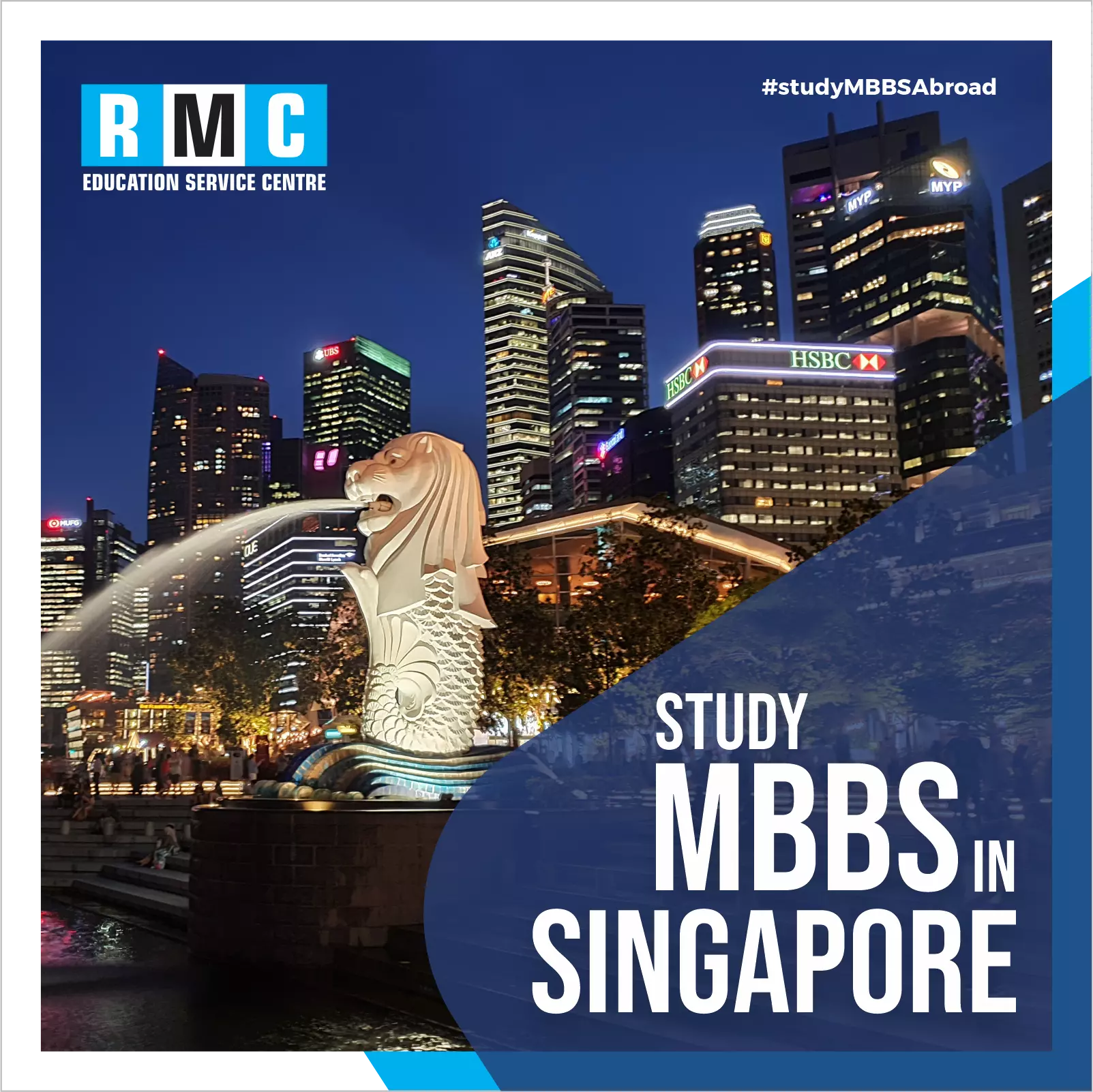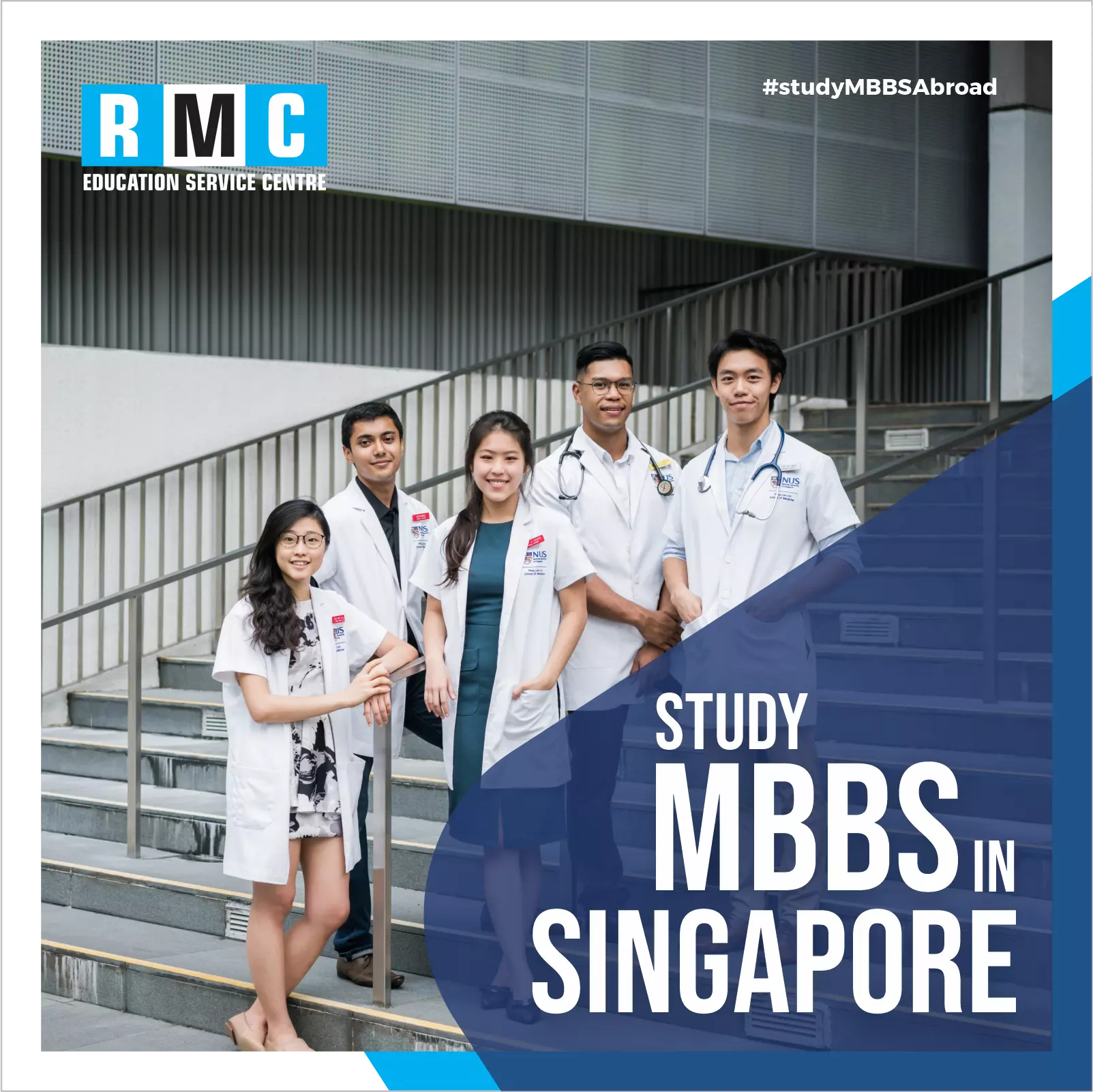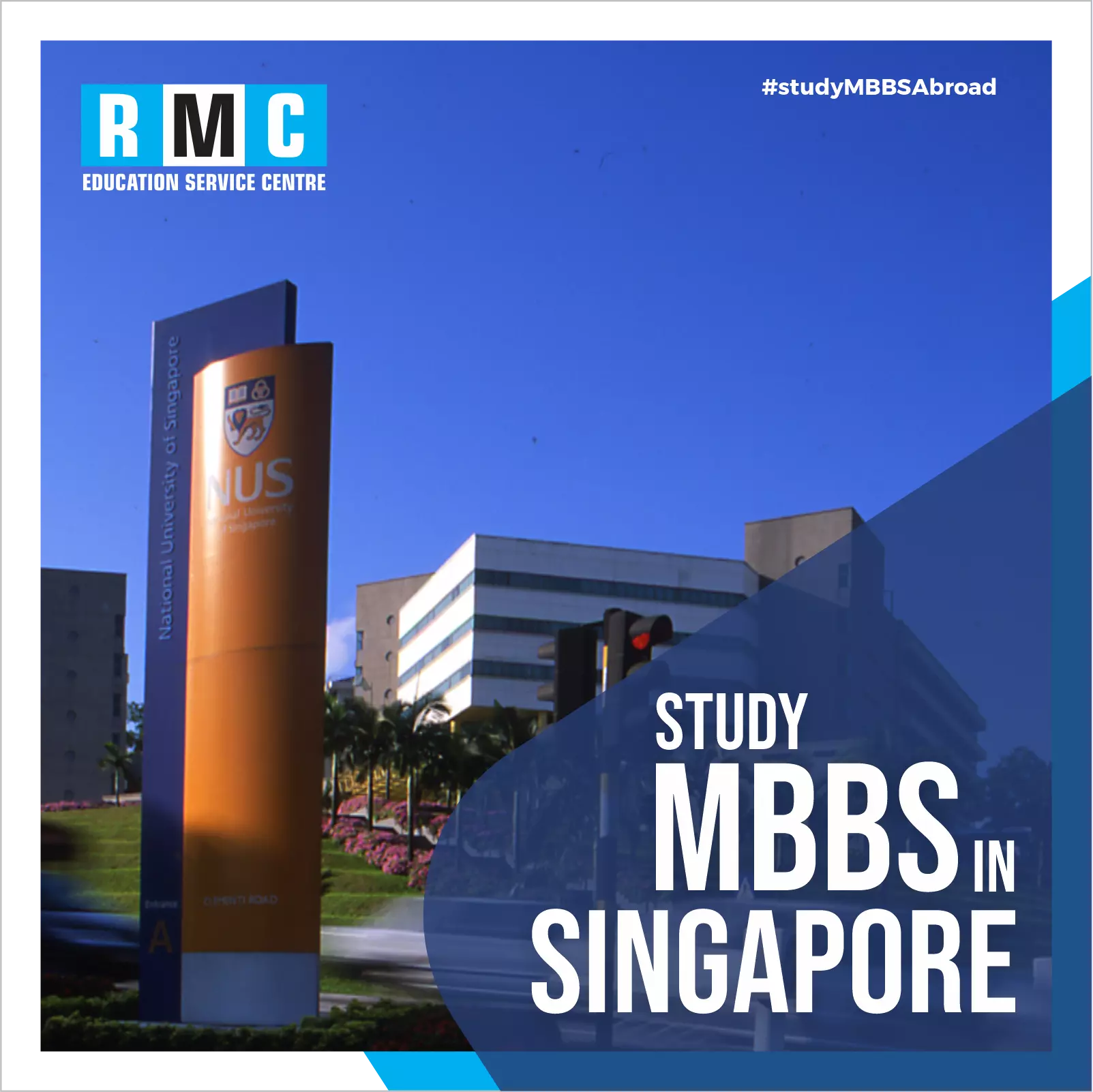Bachelor of Medicine, Bachelor of Surgery, or in : Medicinae Baccalaureus Baccalaureus
Chirurgiae (abbreviated in many ways, e.g. MBBS, MB ChB, MB BCh, MB BChir (Cantab), BM
BCh (Oxon), BMBS), are the two first professional
degrees in medicine and surgery awarded upon graduation from medical school by
universities in countries that follow the tradition of the United Kingdom. The
historical degree nomenclature states that they are two separate
undergraduate degrees; however, in practice, they are usually combined as one and
conferred together, and may also be awarded at graduate-level medical schools. In
countries that follow the tradition of continental Europe or
the system in the United States, the equivalent medical degree is awarded as Doctor of
Medicine (MD) or Doctor of Osteopathic Medicine (DO) — the latter in the United States
only. The degree is currently awarded in institutions
in Australia, Bahrain, Bangladesh, Barbados, Botswana, Brazil, Colombia, China, Egypt,
Fiji, Gambia, Ghana, Guyana, Hong Kong, India, Iraq, Ireland, Jamaica, Jordan, Kenya,
Kuwait, Lebanon, Libya, Malawi, Malaysia, Mauritius,
Myanmar, Namibia, Nepal, New Zealand, Nigeria, Pakistan, Papua New Guinea, Philippines,
Samoa, Saint Kitts and Nevis, Saudi Arabia, Sierra Leone, Singapore, South Africa,
Malaysia, Sri Lanka, Sudan, Tanzania, Trinidad and
Tobago, Uganda, Ukraine, the United Arab Emirates, the United Kingdom, Vanuatu, Zambia
and Zimbabwe
Historically, Bachelor of Medicine was also the primary medical degree conferred by
institutions in the United States and Canada, such as theUniversity of
Pennsylvania, Harvard, the University of Toronto, the University of
Maryland, and Columbia. Several early North American medical schools were (for the most
part) founded by physicians and surgeons who had trained in England and Scotland.
University medical education in England culminated
with the Bachelor of Medicine qualification and in Scotland the Doctor of Medicine. In
the mid-19th century the public bodies that regulated medical practice required
practitioners in Scotland and England to hold the dual
Bachelor of Medicine and Bachelor of Surgery degrees. Throughout the 19th century, North
American medical schools switched to the tradition of the ancient universities of
Scotlandand began conferring Doctor of Medicine
rather than Bachelor of Medicine.
In the countries that award bachelor's degrees in medicine, however, Doctor of Medicine
denotes a holder of a junior doctorate and is reserved for medical practitioners who
undertake research and submit a thesis in the field
of medicine. Nevertheless, those holding Bachelor of Medicine, Bachelor of Surgery are
usually referred to by the courtesy title of "Doctor" and use the prefix "Dr.", whether
or not they also hold a PhD or DSc. In theory
the right to the use of the title "Doctor" is conferred on the medical graduate when he
or she is registered as a medical practitioner by the relevant professional body, not by
the possession of the MBBS degrees.[3]The
reason is found in a parallel tradition for those who are post-graduate specialists in
surgery: on acceptance into a College of Surgeons, they stop styling themselves "Doctor"
and revert to "Mister" (Mr), "Miss", "Muz"
(Ms) or "Missus" (Mrs). This curious situation, where an elevation in professional rank
is signified by dropping the title of Doctor, came about because historically a
"surgeon" was an ordinary worker, usually a barber,
not trained in medicine but performing dissections and surgery under the direction of a
gowned academic who was the actual "doctor".
Despite their styling as two degrees, Bachelor of Medicine and Bachelor of Surgery are
usually conferred together. At some institutions, such as Oxford and Cambridge, it was
possible to be awarded the degrees in different years.[]
In many countries, the degrees are awarded after an undergraduate course lasting five or
six years. For example, most Chinese universities offering medical degrees provide
undergraduate courses lasting six years In some cases,
a graduate in another discipline may subsequently enter a special graduate-entry medical
course, reduced in duration to account for relevant material covered or learning skills
acquired during the first degree. In some
cases the old first-year courses (for six-year degrees) in the basic sciences of
physics, chemistry and biology have been abolished: that standard has to be reached by
school examinations before entry. However, in most
countries a newly graduated Bachelor of Medicine and Surgery must spend a specified
period in internship before they can obtain full registration as a licensed medical
practitioner.
Recently, courses have been established in the Commonwealth country Australia that award
the title MD
The names and abbreviations given to these degrees depend on the institution, awarding
body or country, and vary widely. This is mostly for reasons of tradition rather than to
indicate any difference between the relative levels
of the degrees. They are considered equivalent.
If the awarding body titles the degrees in Latin, the degrees are commonly
namedMedicinae Baccalaureus, Chirurgiae Baccalaureus; Medicinae Baccalaureus et
Chirurgiae Baccalaureus; or Baccalaureus in Medicina et in Chirurgia;
abbreviated as MB ChB, MB BCh or otherwise. If titled in English, they are
named Bachelor of Medicine, Bachelor of Surgery; Bachelor of Medicine and Bachelor of
Surgery; or Bachelor of Medicine and Surgery; usually abbreviated
as MB BS, and sometimes as BM BS, even though most MB BS-awarding institutions do not
use Latin to name their degrees.
Historically, Australian medical schools have followed the British tradition by
conferring the degrees of Bachelor of Medicine and Bachelor of Surgery (MBBS) to its
graduates whilst reserving the title of Doctor of Medicine
(MD) for their research training degree, analogous to the PhD, or for their honorary
doctorates. Although the majority of Australian MBBS degrees have been graduate programs
since the 1990s, under the previous Australian
Qualifications Framework (AQF) they remained categorised as Level 7 Bachelor's degrees
together with other undergraduate programs.
The latest version of the AQF includes the new category of Level 9 Master's (Extended)
degrees which permits the use of the term 'Doctor' in the styling of the degree title of
relevant professional programs. As a result, most
Australian medical schools have replaced their MBBS degrees with the MD to resolve the
previous anomalous nomenclature. With the introduction of the Master's level MD,
universities have also renamed their previous medical
research doctorates. The University of Melbourne was the first to introduce the MD in
2011 as a basic medical degree, and has renamed its research degree to Doctor of Medical
Science (DMedSc).[5]The latest version of the
AQF includes the new category of Level 9 Master's (Extended) degrees which permits the
use of the term 'Doctor' in the styling of the degree title of relevant professional
programs. As a result, most Australian medical
schools have replaced their MBBS degrees with the MD to resolve the previous anomalous
nomenclature. With the introduction of the Master's level MD, universities have also
renamed their previous medical research doctorates.
The University of Melbourne was the first to introduce the MD in 2011 as a basic medical
degree, and has renamed its research degree to Doctor of Medical Science (DMedSc).
Singapore is one of the developed countries of
the Asia continent that is famous for MBBS studies. Students from not only India but
other nations choose MBBS in Singapore. A Healthy education system and an advanced
healthcare system of the country enhance the skills
and knowledge of students to perform.
When it comes to studying MBBS abroad then Singapore could be a good choice for Indian
Medical students. Top Best medical colleges in Singapore are recognized by the Medical
Council of India, WHO, UNESCO, and other nations.
It means you will open the door of job possibilities across the world after MBBS in
Singapore course offered by the MCI recognized Best Medical colleges in Singapore.
These medical college list offer direct admission in the MBBS course in low eligibility
and affordable fee. Students who are seeking admission to top Medical colleges in
Singapore have to fulfill the admission requirements
of them. Apart from Age limit and Academics performance, the NEET exam is an important
factor under eligibility for MBBS in Singapore. Having the latest technology and highly
qualified teachers in MCI approved medical colleges
in Singapore offers you the best possible education to study the MBBS course in
Singapore. It is often seen that Indian Students struggle a lot to get a good
educational environment. MBBS in Singapore option exactly gives
you what you need in a low
MBBS in Singapore for international students-
MBBS in Singapore is a 5 year degree offered by only two universities. The country houses
the Asia’s top university National University of Singapore, which is ranked 11th in the
world by the QS News Ranking of 2020. For medicine,
it is placed in the 21st position. Despite being an expensive city, funding is readily
available and the unemployment rate is also negligible at 2.2%.
- The average cost of study is 28,004 SGD per year which is considered cheaper than
the UK or the USA.
- Government scholarships for international students in Singapore like the Ministry of
Education tuition grant scheme cover a portion of the living costs also.
- According to WHO, Singapore is ranked 6th in the world for its health care systems.
- There is a lot of scope after completing MBBS in Singapore universities with an
average salary of doctors being 96,499 SGD - 109,668 SGD per annum.
Why to study in Singapore-
Following are some other reasons for pursuing MBBS from Singapore:
- Expenditure on Education: Singapore has a literacy rate of about 94.45%. It spends
nearly 19.6% of its total revenue on education with 35.28% of the share on higher
education only. There are about 2.35 doctors for every
1000 people in Singapore.
- High Employability:Singapore has a high rate of employment, accounting to nearly
88%. It has an unemployment rate as low as 2.2%.
- Easy accessibility of scholarships: The Ministry of Education in Singapore offers
tuition grants to international students. As per the scholarship deed, a student has
to stay back after the course completion and work to
pay off the loan amount.
- Permanent Residency: About 82% of the candidates get successful Permanent Residency
out of all the applied. Over the last decade, there has been a steady rise in the
number of international students granted Permanent Residency.
Till 2017, it stood at 6000.
- Safe environment: Singapore had topped the Law and Order Index for 5 consecutive
years as per a global study published in 2018. The environment is favourable and
conducive. According to Gallup, 94% of adults in Singapore
feel comfortable while travelling at night which is much higher than the global
average. Also, the Global Smart City Performance Index had named it as the safest
city in 2017.
- Multicultural Ethnicity: Singapore is the melting pot of culture. There are over
four official languages that include English, Malay, Tamil and Chinese.
- One of the most renowned nations, Singapore offers Indian students a chance to
pursue MBBS. It is a sheltered nation with a low crime rate and is an excellent
place to pursue MBBS. One of the biggest advantages is that
the language used to communicate in English and so the Indian students will not have
any problems.
- It has one of the best transportation systems making it comfortable and easy to
travel.
- International students are an experience of a lifetime in terms of foods and places
to visit. Universities offer safe conditions to study MBBS in Singapore for Indian
students. Students are given admission by universities
apparent by the clinical council of India for a screening test. Singapore has the
best MCI recognized medical colleges. After completing MBBS, students will be
eligible to work in a government clinic.
MBBS in Singapore Fees Structure
The key point taken into consideration for medical aspirants is the MBBS fee structure in
Singapore for a medical university. It is an important part of the MBBS program.
Courses and Duration of MBBS course in Singapore
For Singaporeans, the duration of the MBBS is 5 years. For the overseas students living
who have come to study in Singapore, the duration is 5 years. The complete duration of
the course for the Indian students is 6 years. The MBBS
course in Singapore is divided properly, to ensure students get the best out of the
academics and increase their knowledge and practice their medical skills. The courses
offered to students include:
- Clinical experience
- PELLS
- Public Health
- Epidemiology
- SESS
- Medical sciences
- Pharmacology
Eligibility for MBBS in Singapore
Every course has certain eligibility for MBBS in Singaporefor young medical aspirants.
- The candidate should have cleared their 10+2 from a recognized educational board in
India in subjects like Physics, Chemistry, and Biology.
- Indian Students should have cleared their 10+2 exams with 50%
- IELTS/TOFEL is a compulsory language exam that has to be cleared to check a
student’s proficiency skills.
- The student should be 17 years of age to be eligible for admission.
- The exam that students will have to clear is the NEET entrance exam.
- Documents Needed For Submission during Admission
- Passport
- Class 10+2 mark sheet
- Birth certificate
- Passport size photographs
- The official letter from the medical university of Singapore
- Documents approved by the MEA (ministry of external affairs)
- Notarized documents from the Embassy of Singapore
Top Medical Universities in Singapore
Singapore is one of the most well-known nations that offers students quality MBBS
education. Students from around the globe get admission to some of the top medical
universities in Singapore. The medical colleges are MCI approved
and students will be able to practice medicine anywhere in the world.
While applying to the best medical college in Singapore, students look into those
colleges approved by MCI. Students can understand the value of a medical degree in
India. Some of the medical universities in Singapore approved
by MCI are:
- National Skin Centre
- SGH Postgraduate Medical Institute
- Academy of Medicine Singapore
- Duke NUS Graduate Medical School
1. National University of Singapore
The National University of Singapore gained presence only in 1980, as one of the most
well-known institutes in Singapore. With over 100 years of legacy, mbbs in singapore
university provides quality education to develop career-ready
students. The National University of Singapore has diverse students from all over 100
countries, enabling them to learn and grow in a diversified environment. The university
has partnered with the government and corporates
to determine solutions to enhance life around the world.
2. Lee Kong Chain School of Medicine
The Lee Kong Chain School of Medicine provides the best MBBS program. The program is
designed with churning out the best doctors that meet the healthcare standards. The main
goal for the school of medicine is to have a healthy
atmosphere for learning, exchange of knowledge, and development of skills. The campus
has the best learning and research facilities that take care of delivering the best
medical education and research.
3. Duke NUS Medical School
MBBS in Singapore for Indian students-
Visa Application Procedure for Indian Students in Singapore’s Medical
Institutions
Well, you don’t need to concern much yourself regarding having your student Visa from
Singapore, as the medical colleges of the country handle much of the procedure
themselves.
Here is the step by step simplified student Visa process for the Indian students, so that
they can follow it in the same order.
- As a student first you have to get your admission approval letter from the concerned
medical college of Singapore and then make your application for the Visa.
- After that, the concerned medical college will file the Singapore student pass Visa
approval request to the Singapore Immigration and Checkpoint Authority on the behalf
of concerned student.
- Now, this process will take a few more days before you finally get your student
Visa.
- You will have to collect your Visa from the Singapore embassy in India after
receiving the notification regarding the same from the medical college.
- Having your student Visa with yourself then you will be able to move to Singapore
for your academic classes.
Scholarship for Indian Students in Singapore’s Medical Colleges
Well, it’s a well-known fact that seeking admission into Singapores medical colleges is
not an easy task for the Indian students due to the tough admission policy and the
eligibility criteria.
As per the record, there are hardly 1% Indian students who are found to be studying
medicine in Singapore for an academic year. There are not as such solid scholarship
program for the Indians in Singapore, however, you may
still be able to find some appropriate scholarship program for yourself in any medical
college of the country.
We urge you to have the suitable can from your study counsellor that whether there is any
scholarship program yourself in the country or not so that you can accordingly make your
application for availing the scholarship program.
As per Observatory on Borderless Higher Education, out of 70,000 international students
in Singapore 3000 are Indians. Also, 52% of international students in Singapore are
eligible to borrow from their top banks.
Some of the grants and scholarships for international students in Singapore are provided
below:
MOE Tuition Grant Scheme: As per the grant an international student is eligible to borrow
a loan amount after the letter of invitation from his/her host college.
- There is no stipulated loan amount mentioned.
- The borrower must sign the 3-year bond, and stay back after course completion to pay
off the grant money.
- The deadline for the application depends upon the host college.
- For NUS the special term 1 is between 25-29th May 2020, and special term 2 is
between 6-10th July 2020.
ASEAN Undergraduate Scholarship: The ASEAN scholarship is meant for undergraduate
students studying in Singapore. The scholarship aims to pay off the remaining tuition
fee after sanctioning of the MOE scheme.
- The living allowance offered is around 4206.42 SGD per/year.
- Three major institutions that accept the grant are National University of
Singapore(NUS), National Technical University(NTU) and Singapore Management
University(SMU).
- The deadline for the scholarship is 14-15th October.
Dr Goh Keng Swee Scholarship: Dr GKS Scholarship is accessible to students from Brunei,
Cambodia, Hong Kong, India, Indonesia, Japan, Korea, Malaysia, Philippines, PRC, Taiwan,
Vietnam, Thailand, Laos and Myanmar.
University of Duke
The University of Duke is a research powerhouse that is seen as the ideal international
partner. The vision has been able to build the ideal medical institution that will help
train confident young clinicians with a bright
future ahead of them. The graduate program plays an important role in the healthcare
system with excellence in clinical research and training medical talents.
- The scholarship is for colleges like NUS, NTU, SMU or SUTD.
- The applicant must reflect leadership qualities and with a fairly good record of
co-curricular activities.
- The scholarship covers tuition fees, airfare, an annual allowance of 6500 SGD,
hostel allowance as per chosen college and an additional allowance of 200 SGD after
arrival. The official deadline for the scholarship is 15th
March.
There are other scholarships offered by host colleges likeUndergraduate Scholarships at
NUS, and the SMART Scholarship Program.
For the scholarships awarded by host colleges, the eligibility criteria is quite high as
most of them are merit-based. The applicants must have a GPA of 3.8 or above with an ACT
score of 31 or SAT score of 1430. The applicant
must also hold a place within the top 5% of his/her class.
Advantages of Studying MBBS Course in Singapore for Indian Students
Well, although the medical colleges/Universities of Singapore are known as one of the
most expensive medical institutions in the world yet there are some certain advantages
or the benefits, which you will get in the course
of studying MBBS from Singapore.
Here we are listing down some specific advantages for your reference.
- All Singapore’s medical colleges have the world-class standard of medical education
along with the modern medical infrastructure to impart the futuristic medical
education to the students.
- The medical degree from Singapore’s medical institutions is recognised all around
the world by the major medical bodies such as WHO, GMC, MCI etc.
- There is no donation money requirement in the medical admission of Singapore’s
medical colleges.
- The duration of MBBS program in Singapore is 5 years which saves 1 straight year of
the medical aspirants.
Disadvantages of Studying MBBS Course in Singapore
Well, yes there are some certain disadvantages as well of studying MBBS in Singapore due
to which there are very limited numbers of the medical aspirants from India who opt to
study MBBS in Singapore.
You can check out the major disadvantages here below in this section.
- The first major disadvantage is the admission eligibility criteria of the medical
institutions in Singapore which have very strict and high eligibility criteria due
to which only a few limited students get into the medical
colleges of the country.
- MBBS in singapore fees medical institutions is very expensive in the comparison of
many other countrys medical colleges and this is why the students opt the other
countries for their medical education.
- There are very limited numbers of the medical institutions in Singapore and
therefore the aspirants dont have many options to choose the medical institution.
FREQUENTLY ASKED QUESTIONS
Is Singapore good for MBBS?
MBBS Colleges in Singapore are counted among the world's best medical
universities. The country houses Asia's top university National
University of Singapore, ranked 11th globally by the US News Ranking of
2024-25.
When it comes to medical education, Singapore has always been at the top of
its chart.
Top Medical Universities in Singapore?
National University of Singapore
Lee Kong Chain School of Medicine
Duke
NUS Medical School
Is the MBBS degree received from the medical college in Singapore
acceptable in other countries?
Yes, as the degree is received from an MCI and WHO recognized college.
 MBBS
in Singapore
MBBS
in Singapore





